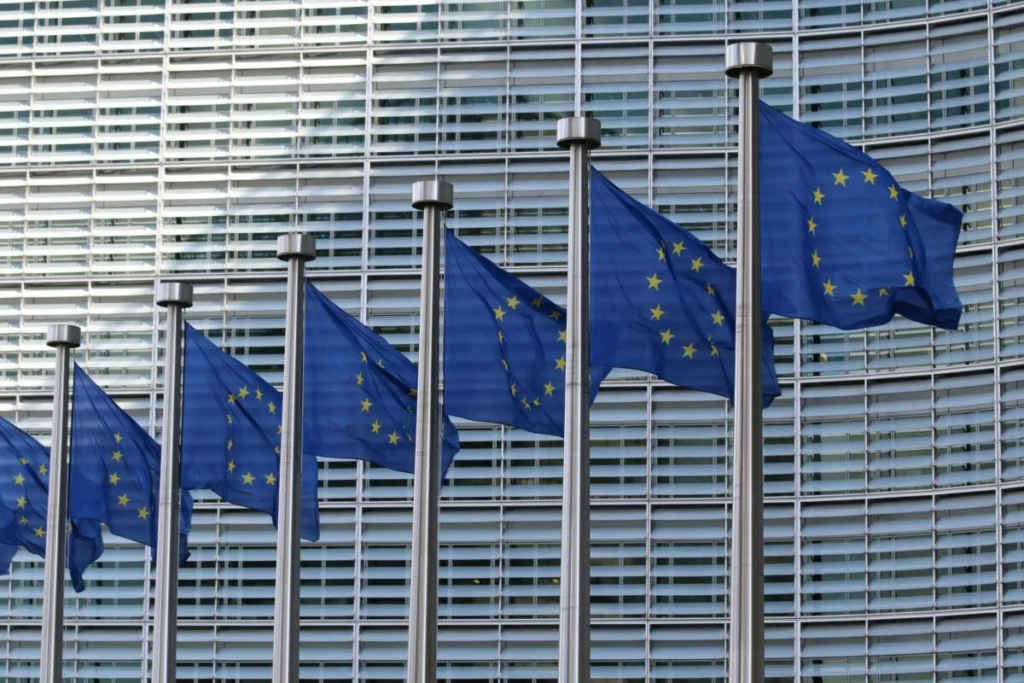Digital transformation is reshaping industries globally, driving efficiency, innovation, and growth. However, as organizations increasingly rely on digital technologies, the risk of cyber threats also escalates. In response to this, the European Union has introduced the Network and Information Systems Directive 2 (NIS2), which aims to bolster cybersecurity across the continent, particularly in critical sectors.
Understanding NIS2
NIS2, which came into effect in January 2023, is an updated version of the original NIS Directive (2016). This new directive expands the scope of cybersecurity requirements to cover a broader range of sectors and entities, including those previously not covered by the original NIS Directive. Critical sectors such as healthcare, energy, and digital infrastructure, alongside new sectors like postal services and the food industry, are now included under NIS2.
One of the key objectives of NIS2 is to enhance the collective cybersecurity resilience across the EU by mandating comprehensive cybersecurity risk management measures. This includes stringent requirements for incident reporting, supply chain security, and the management of cyber risks at the board level. Companies must now ensure that their cybersecurity frameworks are not only robust but also compliant with these new regulations.
Implications for Digital Transformation
Digital transformation, while offering significant benefits, introduces new vulnerabilities. The interconnected nature of modern digital systems means that a breach in one area can have cascading effects across an entire organization—or even multiple organizations. NIS2 acknowledges this by requiring entities to implement rigorous cybersecurity practices that are integrated into their overall digital strategies. This is particularly crucial as more companies adopt cloud computing, IoT, and AI-driven technologies, which present unique security challenges.
For organizations undergoing digital transformation, compliance with NIS2 means re-evaluating and often overhauling their cybersecurity practices. It requires a proactive approach where cybersecurity is embedded in the development and deployment of new digital tools and platforms. Moreover, the directive’s focus on supply chain security means that organizations must ensure that their partners and suppliers are also compliant, adding another layer of complexity to digital transformation initiatives.
While NIS2 presents challenges, it also offers an opportunity for organizations to strengthen their cybersecurity posture as they pursue digital transformation. By aligning with NIS2 requirements, companies can not only avoid hefty penalties but also build resilience against the ever-evolving cyber threat landscape, ensuring that their digital transformation efforts are secure and sustainable.



